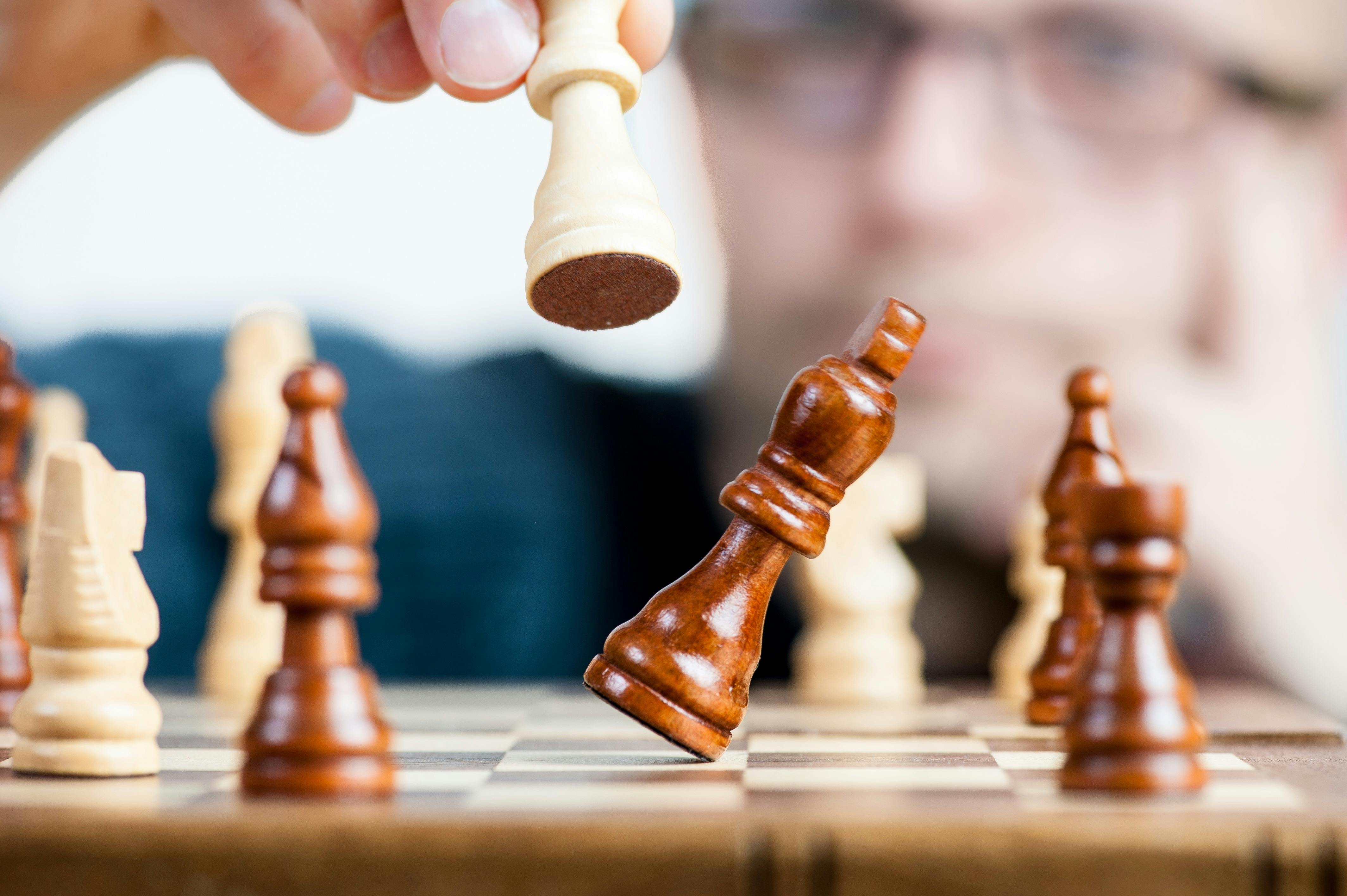In an age of non-stop notifications and endless scrolling, the ability to focus feels rarer than ever. Whether you’re working from home, studying for exams, or just trying to read a book without checking your phone, attention is the currency we’re all struggling to save. But there’s a secret weapon that surprisingly trains the brain to lock in and stay sharp: competitive games.
Not just any games—those that require strategy, timing, and awareness. These experiences demand more than luck or reflexes; they challenge your ability to read situations, anticipate outcomes, and manage risk. It’s a mental workout that sharpens cognitive skills and enhances the way we handle real-life challenges.
One of the clearest examples of this kind of brain training can be found in strategic card games. Take blackjack online. What might look like a simple game of chance is actually a masterclass in probability, psychology, and control. Every move requires assessing your current position, predicting what could happen next, and resisting emotional impulses to chase a win. Sound familiar? It’s not so different from staying calm during a tense meeting or making a budget decision on the fly.
Games like this build something researchers call “selective attention.” It’s the brain’s ability to focus on what matters and ignore what doesn’t—crucial in both personal and professional situations. By training your mind to stay alert, weigh options, and act with intent, you’re essentially exercising your mental agility.
It’s not just card games. Strategy board games, real-time multiplayer video games, and even sports all foster similar skills. Chess trains foresight. First-person shooters demand split-second decision-making. Team sports like basketball and football encourage communication, spatial awareness, and adaptability. Each of these reinforces the idea that focus is a muscle—and like any muscle, it gets stronger the more you use it.
But it’s not all about the competition. What makes these activities uniquely effective is their ability to put you in a state of flow. That’s when you’re so immersed in what you’re doing that time seems to vanish. Distractions fade. Thoughts become laser-focused. In today’s world, this kind of deep focus is hard to find—but crucial for well-being and productivity.
This is where digital games have found their stride. Well-designed online games are built to pull you into that flow state. They offer immediate feedback, incremental challenges, and evolving scenarios. This keeps you mentally engaged, which is why you feel refreshed—or sometimes exhausted—after a good session. Unlike passive media, like watching TV, these games demand active participation. They train you to stay mentally present.
It’s worth noting, though, that not all gaming is equal. The benefit lies in intentional play. Choosing games that stimulate strategic thought or social collaboration will do more for your brain than those based purely on repetition or idle mechanics. Moderation and balance are also key. Like exercise, overdoing it can lead to burnout instead of growth.
Interestingly, these focus-driven experiences have found their way into modern education and corporate training. Gamification—using game elements like points, levels, and challenges—has been shown to improve engagement and information retention. It’s proof that the same mechanisms that hook us into competitive games can also help us become better learners and workers.
In high-stress jobs, training through simulated scenarios is common. Pilots use flight simulators. Doctors practice surgeries using virtual patients. Even cybersecurity professionals run drills to prepare for real-time breaches. These experiences rely on the same skills honed in fast-paced games: analysis, decision-making, and calm under pressure.
So what does this mean for the average person? It suggests that incorporating mentally challenging games into your life can be more than just entertainment. It can be part of your mental fitness routine. Just like going for a run improves heart health, logging into a strategy-based game for 30 minutes can improve cognitive flexibility and emotional regulation.
And let’s not overlook the confidence boost. Winning isn’t everything, but progress is satisfying. Tracking improvement over time, learning new skills, and mastering tough challenges all contribute to a sense of achievement that carries over into daily life.
In a culture where distraction is the norm and multitasking is praised, choosing to focus deeply—even in a game—is a radical act. It says, “I value my attention, and I’m going to train it.”
So the next time you find yourself struggling to stay focused, consider stepping into a scenario that requires it. Whether you’re solving puzzles, navigating a digital battlefield, or making high-stakes decisions in a round of blackjack online, you’re doing more than playing. You’re building the kind of mental clarity that helps in every corner of life.
Focus isn’t just a trait. It’s a skill—and skills can be trained. All you need is the right challenge.











